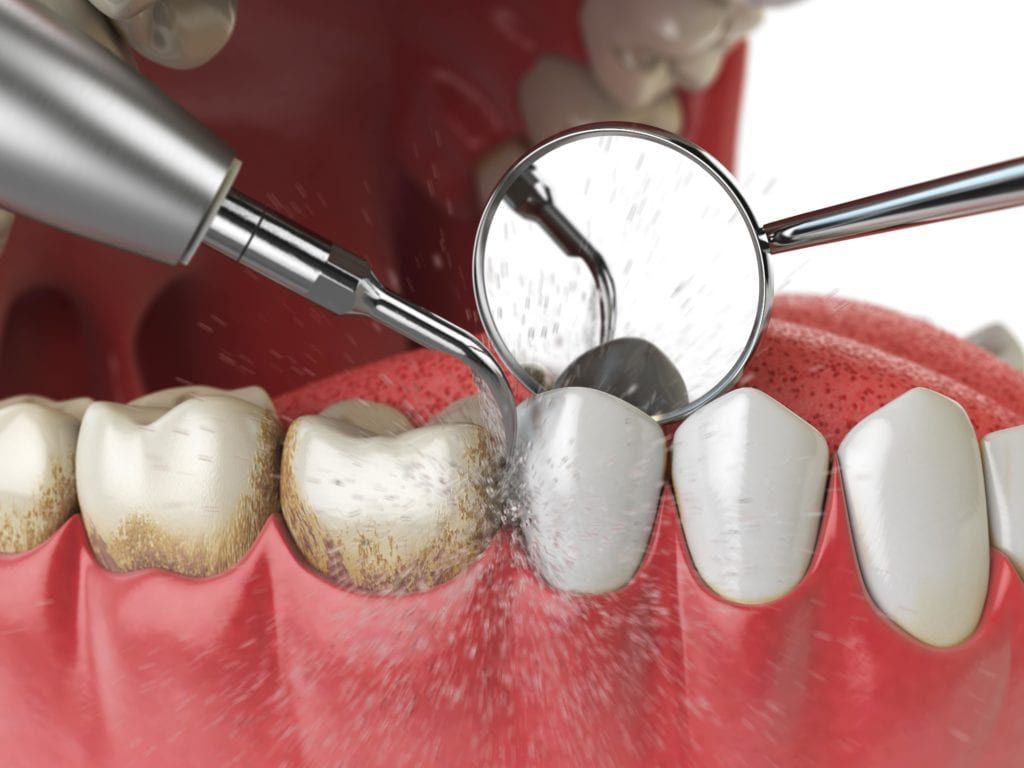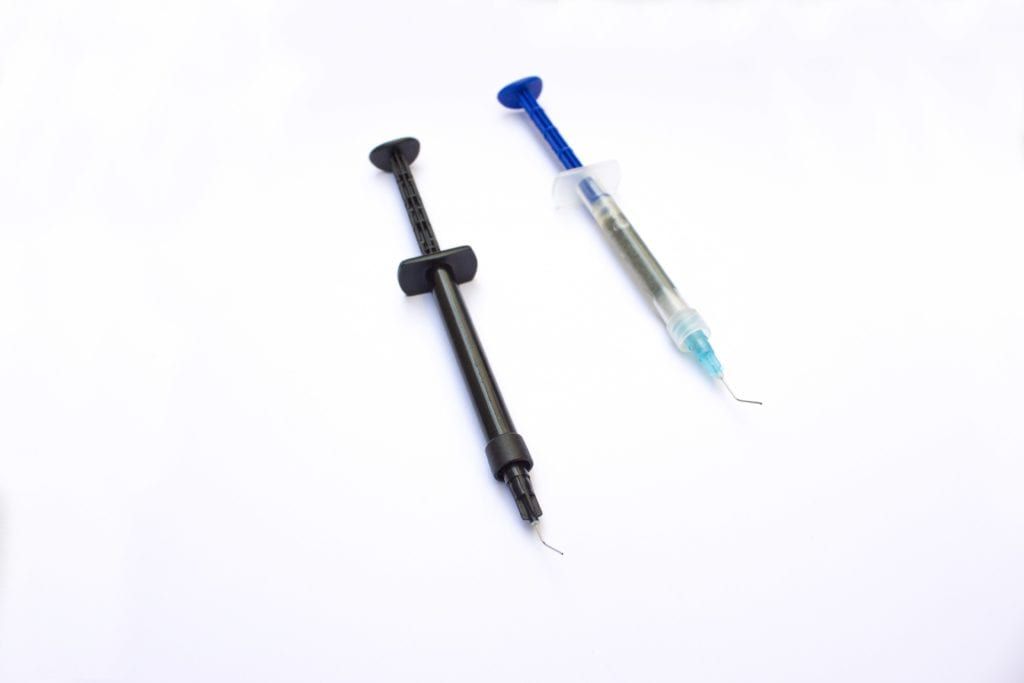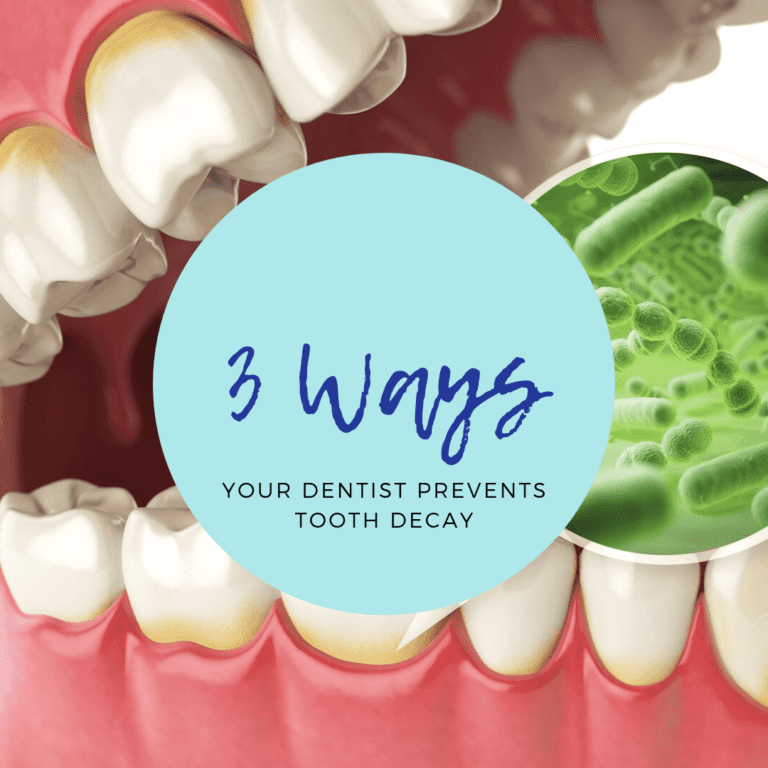Did you know that the best general dentists are devoted to the preservation of their patient’s oral health? In fact, the majority of dentistry revolves around the prevention of dental issues. The two main dental issues that dentists try to prevent are gum disease and tooth decay.
Most people know of tooth decay as dental cavities. A dental cavity occurs when bacteria in the mouth begin to excrete acidic waste products that damage the tooth’s enamel. As time goes on, this acid slowly begins to wear down the enamel, causing cavities to form.
While daily dental hygiene, such as brushing and flossing, is extremely important, there are some other preventative strategies that only your dentist can do. This is one reason why it is so important to schedule regular dental appointments. According to the ADA, these appointments should take place at least once every six months.
Let’s take a look at three of the main ways your dentists prevents tooth decay:


Professional Teeth Cleaning:
While daily brushing and flossing helps to control bacteria populations in your mouth, there are still places that you often miss in your daily routine. This is where your dentist comes in. By professionally cleaning your teeth, your dentist will remove plaque and tartar from the hard to reach areas where you may have missed. It is important to note that tartar is hardened plaque and can only be removed with a dental tool called a scaler. This scaler is used to scrape both the plaque and tartar off your teeth. Then your teeth are flossed, brushed, and rinsed.
Professional teeth cleanings are important for two main reasons. First, they decrease the amount of bacteria in your mouth since bacteria are found within plaque. Second, by removing the plaque, they also remove the habitat that promotes future bacterial growth. Having less bacteria and minimizing their preferred environment decreases your risk of developing tooth decay.


Dental Sealants:
Dental sealants are a thin layer of composite that is applied to the chewing surface of the molars. Because the molars are highly texturized, they are a common site for tooth decay to occur. Using a sealant creates a barrier between the bacteria and the tooth, which prevents the bacteria from being able to damage the tooth. While dental sealants may not be used on every patient, they are especially helpful for children or for those who have trouble brushing towards the back of their mouth.

Fluoride Treatments:
Fluoride has been found to strengthen tooth enamel. Stronger tooth enamel lasts longer when exposed to bacteria, decreasing the risk of tooth decay. Because fluoride is so good for your teeth, it is found in dental products such as toothpaste and mouthwash. Some communities even have fluoride added to their drinking water in an effort to prevent tooth decay.
As you can see, your dentist can provide you with three effective preventative treatments that you cannot get at home. While you may get fluoride through drinking water and dental products, having it directly applied to your teeth provides a stronger concentration. And, unfortunately, no matter how much you brush, it will never compare to a professional teeth cleaning. Luckily, as little as one trip to your general dentist every six months will help to take care of your teeth and prevent tooth decay.


